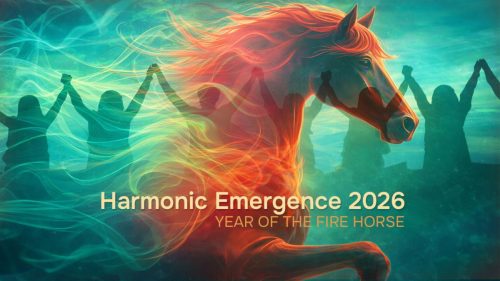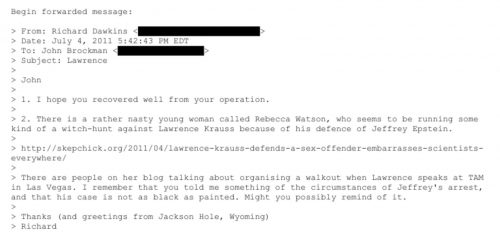I was sent a link to an intensely irritating article. It was by an old man complaining that his kids don’t email or call him enough, so he decided to test them.
Eleven weeks ago, I made a decision that felt both petty and necessary. I stopped being the one who always called first. No more Sunday morning check-ins, no more “just thinking of you” texts, no more being the family communication hub. I simply stopped reaching out to my three adult children and waited to see how long it would take them to notice.
The silence that followed taught me more about modern family dynamics than any parenting book ever could.
Then he’s annoyed about how long it took them to respond, and wasn’t sufficiently appeased when they did respond, and argues that all the previous communications were shallow and insincere.
Grow up, Grandpa.
I have three grown kids who are living their own busy lives.
My oldest has a stable job in a law firm and recently got a raise, but more importantly has a new girlfriend and a solid circle of friends. He’s probably the most sociable of my kids.
My second son is a major in the army, stationed in Korea, with a wife and child. He’s extremely busy and in a position of responsibility.
My daughter is working in academia…already I sympathize and know what she’s going through. She also has a young daughter.
I don’t want any of them to feel guilt for living their own lives, and they don’t need to call me. I’m just proud that they’ve grown up to be good people I can respect. I’m content. I think their mother and me, to a lesser extent, have succeeded at life.
My life is less interesting than theirs, and I also don’t need to call them and talk about my latest adventures (oh yeah, I fell down and concussed myself, not exactly entertaining news). I’m fine to occasionally learning that they’re happy. If they need help they can count on us.
But please, our reward is to know that they’re living well. That’s enough that we can pat ourselves on the back and tell ourselves that we did well, and that is immensely satisfying. We don’t need constant reassurance.













